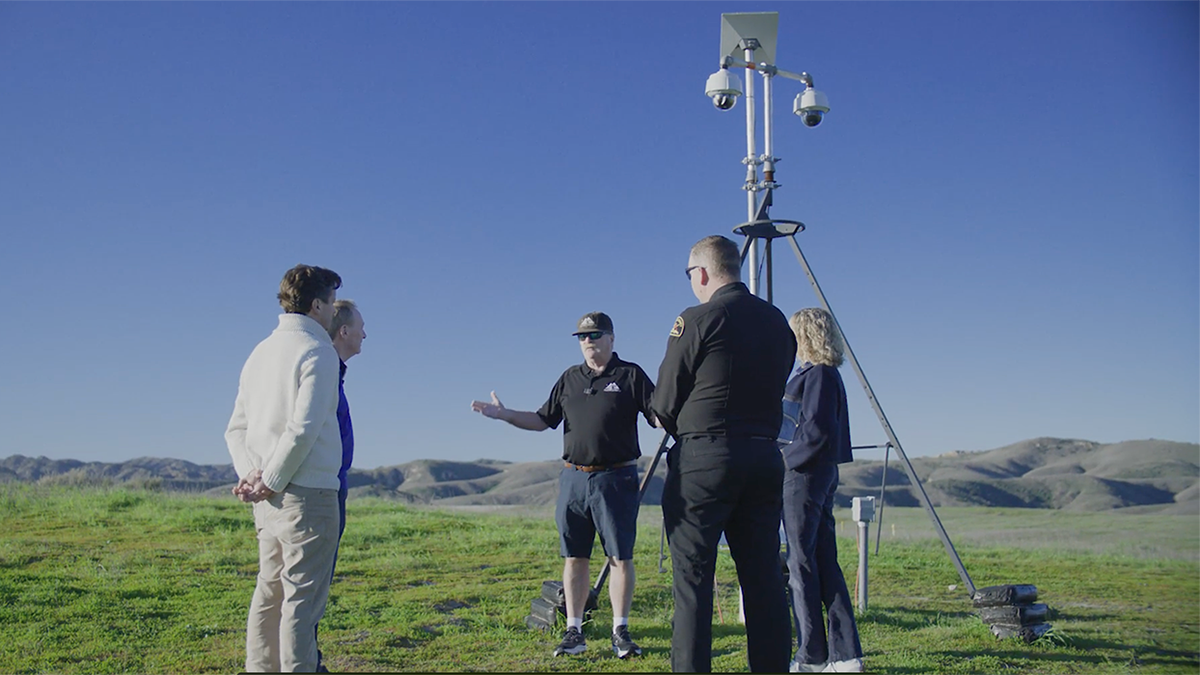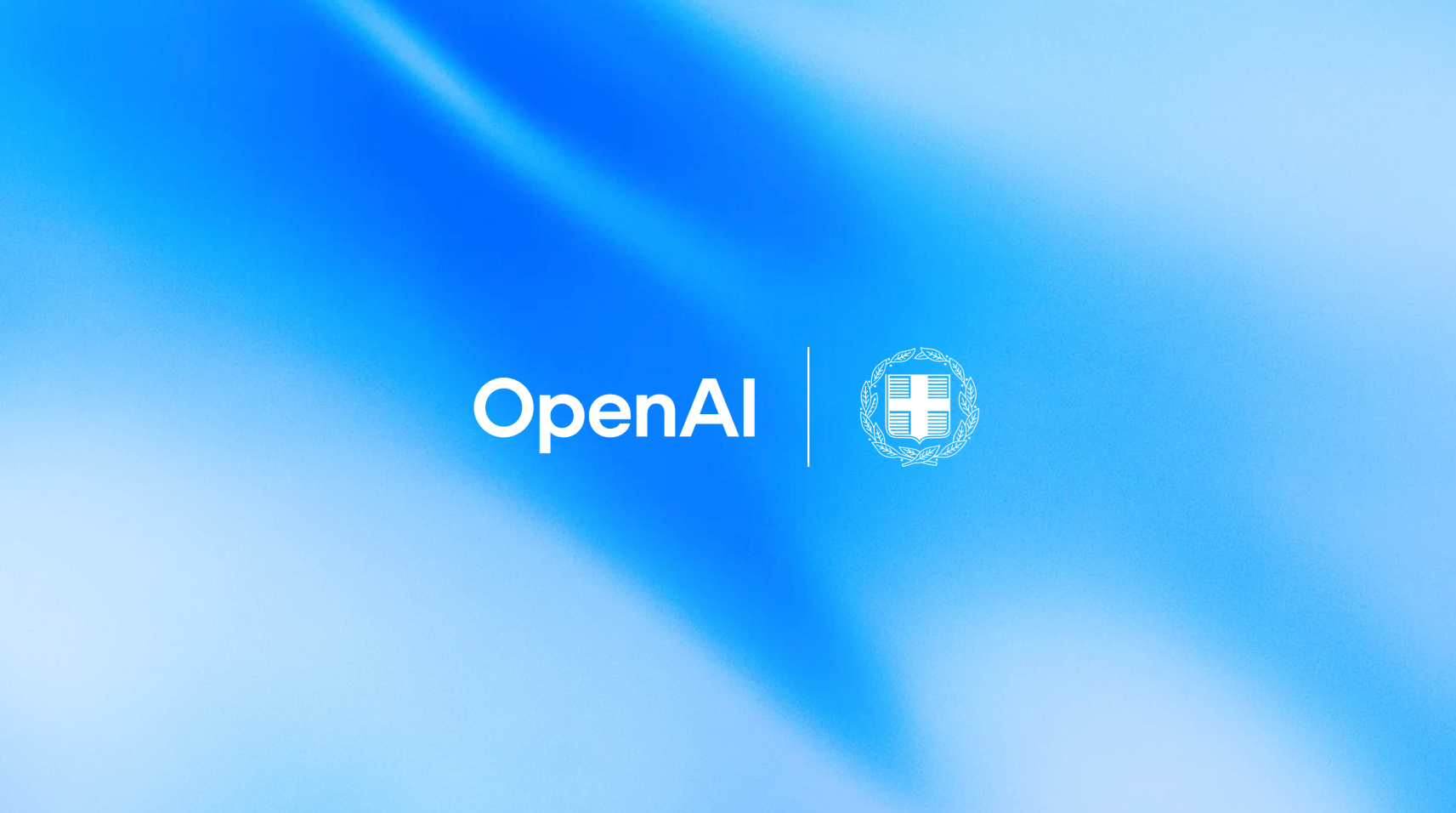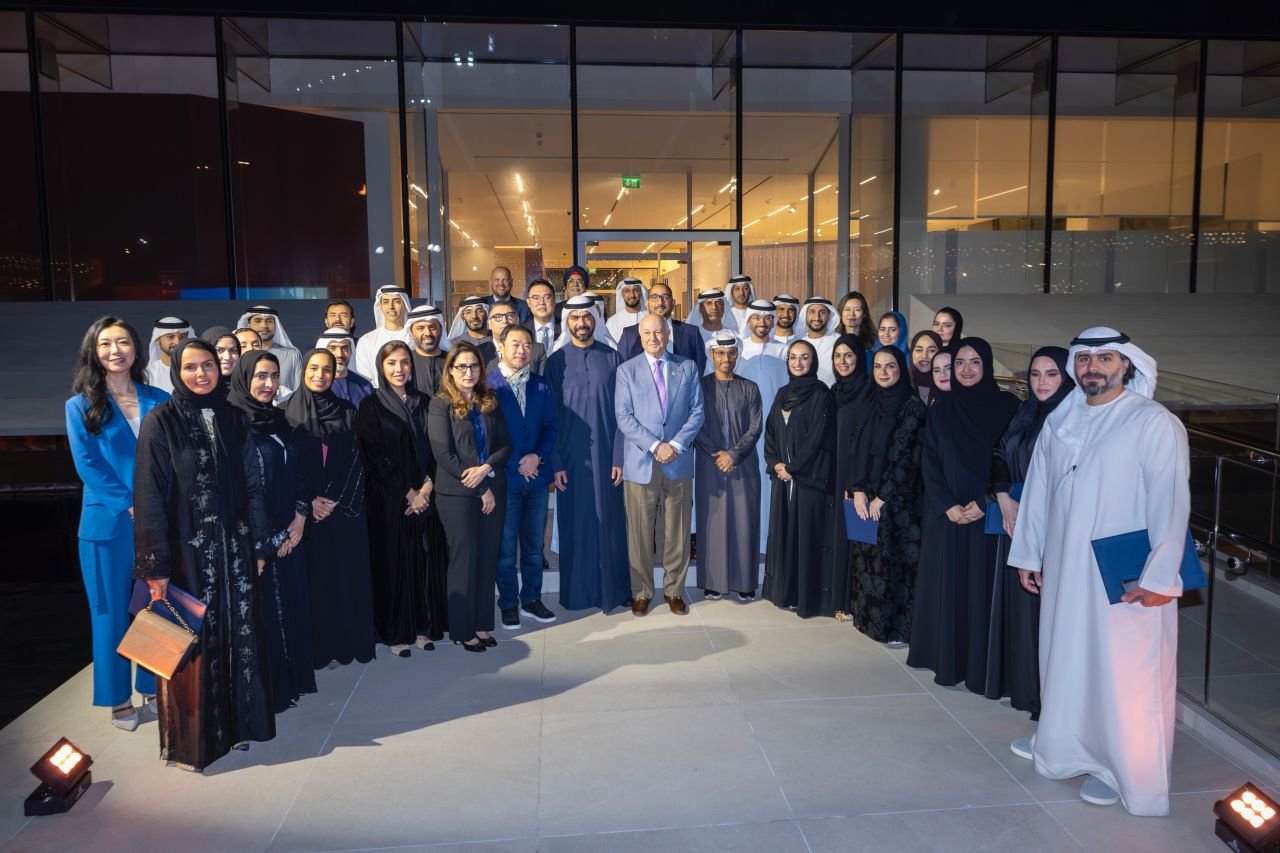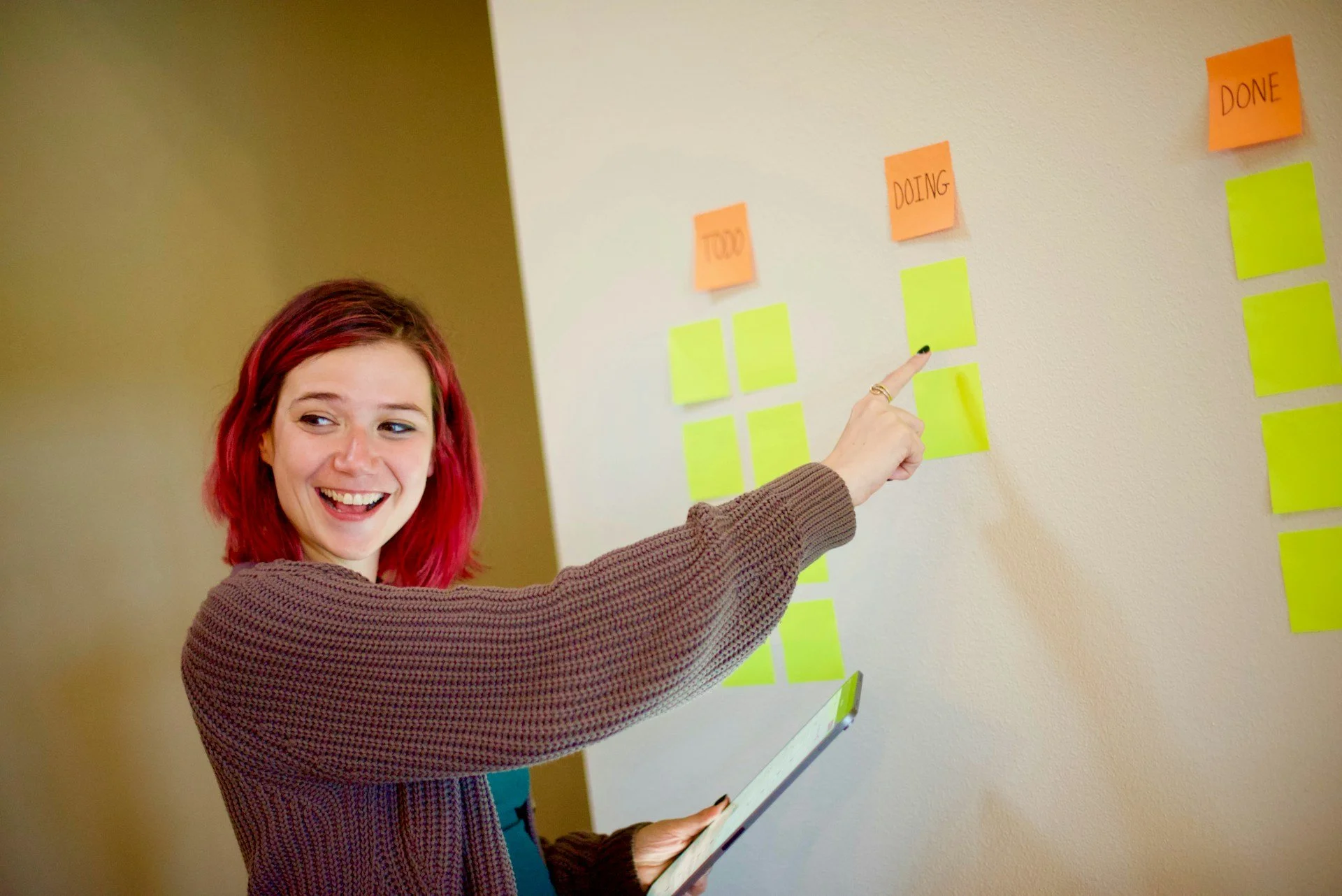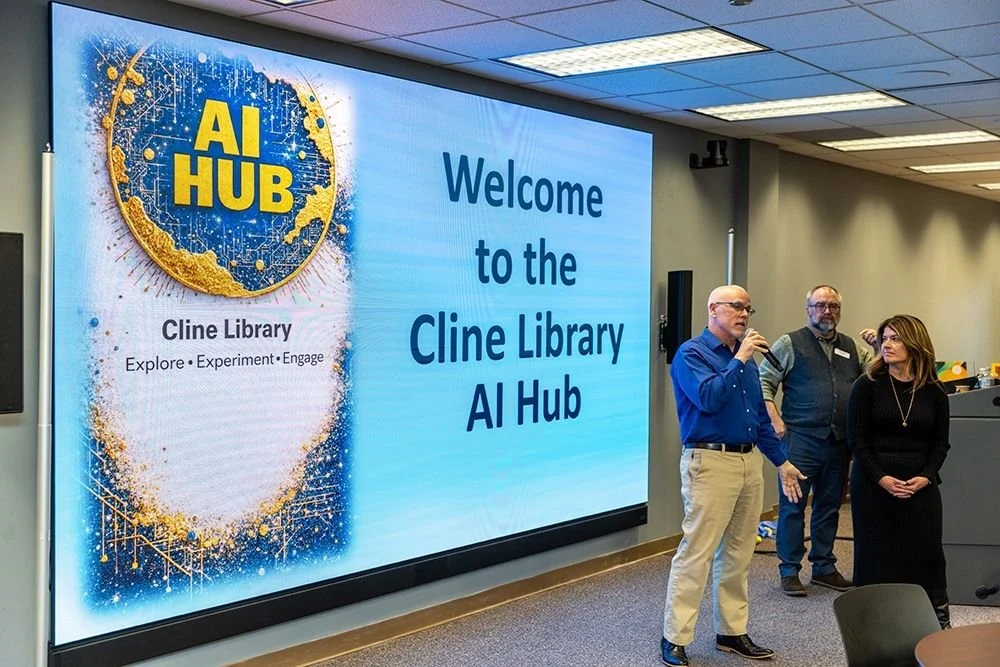Justin Spelhaug named President of Microsoft Elevate to lead global AI inclusion efforts
Microsoft Elevate focuses on expanding access to digital skills and AI opportunities for communities, nonprofits, and educators worldwide.
Justin Spelhaug has taken on the role of President at Microsoft Elevate, the company’s global initiative aimed at ensuring artificial intelligence benefits people and communities around the world.
Spelhaug took to social media to announce the role and outline his goals for building an inclusive, people-first approach to AI adoption.
Microsoft Elevate is part of the company’s broader commitment to digital equity. The program works with education systems, nonprofits, and workforce organizations to help bridge the digital divide and prepare people for new types of jobs emerging in the AI era.
Focus on equitable access to AI skills
In his post, Spelhaug reflected on his 28-year career at Microsoft, including senior leadership roles across philanthropy, global business operations, and emerging markets.
Before taking on his new role, he served as Corporate Vice President for Global Small, Medium Enterprises and Channel, overseeing strategy and operations for Microsoft’s commercial ecosystem worldwide. From 2017 to 2025, he led the Tech for Social Impact division, part of Microsoft Philanthropies, which connects technology, partnerships, and cloud resources to over 400,000 nonprofit organizations globally.
Earlier, Spelhaug worked as Chief Marketing and Operations Officer for the Asia Pacific region, managing revenue, market share, and growth strategy across a multi-billion-dollar business that spanned several countries. His earlier career also included time in Microsoft Research and leadership positions focused on digital transformation in emerging markets.
He wrote that Microsoft Elevate’s mission is to “widen the circle of opportunity and narrow the digital divide by empowering those most in need with new AI skills and tools.”
Spelhaug highlighted the growing urgency of AI education and workforce training, citing LinkedIn data showing that “the skill profile of one in four jobs has already changed because of AI—and that number will rise to 75% by 2030.”
Spelhaug described the organization’s focus on partnerships that connect technology with education, workforce, and nonprofit sectors. He shared examples of AI already being used to improve learning and social programs globally, including language tools in classrooms, AI-powered education initiatives in Brazil, and data-driven systems supporting nonprofits such as Make-A-Wish, Médecins Sans Frontières, and World Vision Canada.
He wrote that these examples “remind us that when innovation is designed around human dignity, it changes what’s possible.”
Spelhaug said Microsoft Elevate’s goal is to help ensure AI strengthens institutions and expands opportunity, not just productivity. His post emphasized that lasting progress depends on collaboration between educators, nonprofit leaders, and policymakers.
Spelhaug added: “The future we’re shaping won’t be defined by technology alone, but by the people and partnerships that can help ensure innovation serves everyone.”
The ETIH Innovation Awards 2026
The EdTech Innovation Hub Awards celebrate excellence in global education technology, with a particular focus on workforce development, AI integration, and innovative learning solutions across all stages of education.
Now open for entries, the ETIH Innovation Awards 2026 recognize the companies, platforms, and individuals driving transformation in the sector, from AI-driven assessment tools and personalized learning systems, to upskilling solutions and digital platforms that connect learners with real-world outcomes.
Submissions are open to organizations across the UK, the Americas, and internationally. Entries should highlight measurable impact, whether in K–12 classrooms, higher education institutions, or lifelong learning settings.








